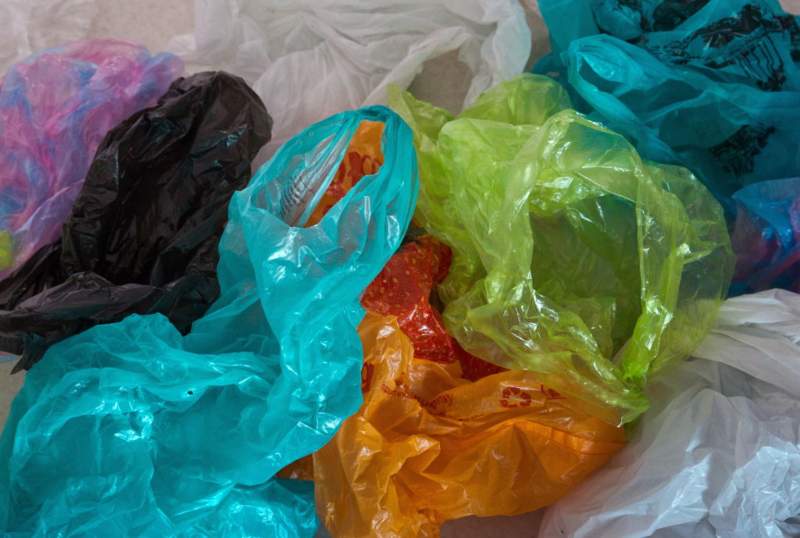Liberian officials have intercepted four shipping containers full of hazardous polyethylene waste bags.
The containers were brought into Liberia from Greece “under the pretext of being recyclable materials”.
According to Liberian authorities anti-smuggling officers raised the alarm at the port of Monrovia when containers arrived.
The containers became suspicious due to the “odour” that was emanating from them, according to Environment Protect Agency (EPA) head Nathaniel Blama.
Blama told journalists after analysis, the EPA found out that the plastic bags had been banned from being recycled or re-used in Greece.
Officials say they were smuggled into Liberia to be sold to local waste dealers. They have now been sent back to Greece.
Many African countries are gradually appreciating the need to ban the use of plastics due to the harm they pose to the environment.
United Nations Environment Program has said that more than 8 million tons of plastic end up in the oceans every year, where it impacts marine life, fisheries and tourism.
According to UNEP, 80 percent of all litter in oceans is made of plastic, and costs at least $8 billion in damage to marine ecosystems globally.
Dumping plastic bottles, bags and cups after a single use could result in oceans holding more litter than fish by 2050, while an estimated 99 percent of all seabirds will have ingested plastic.
Africa often has become a dumping place for all kinds of wastes from Europe and America.
West African nation Ghana for instance has now become notoriously known for being home to electronic wastes, mostly from Europe.
Source: Africafeeds.com



